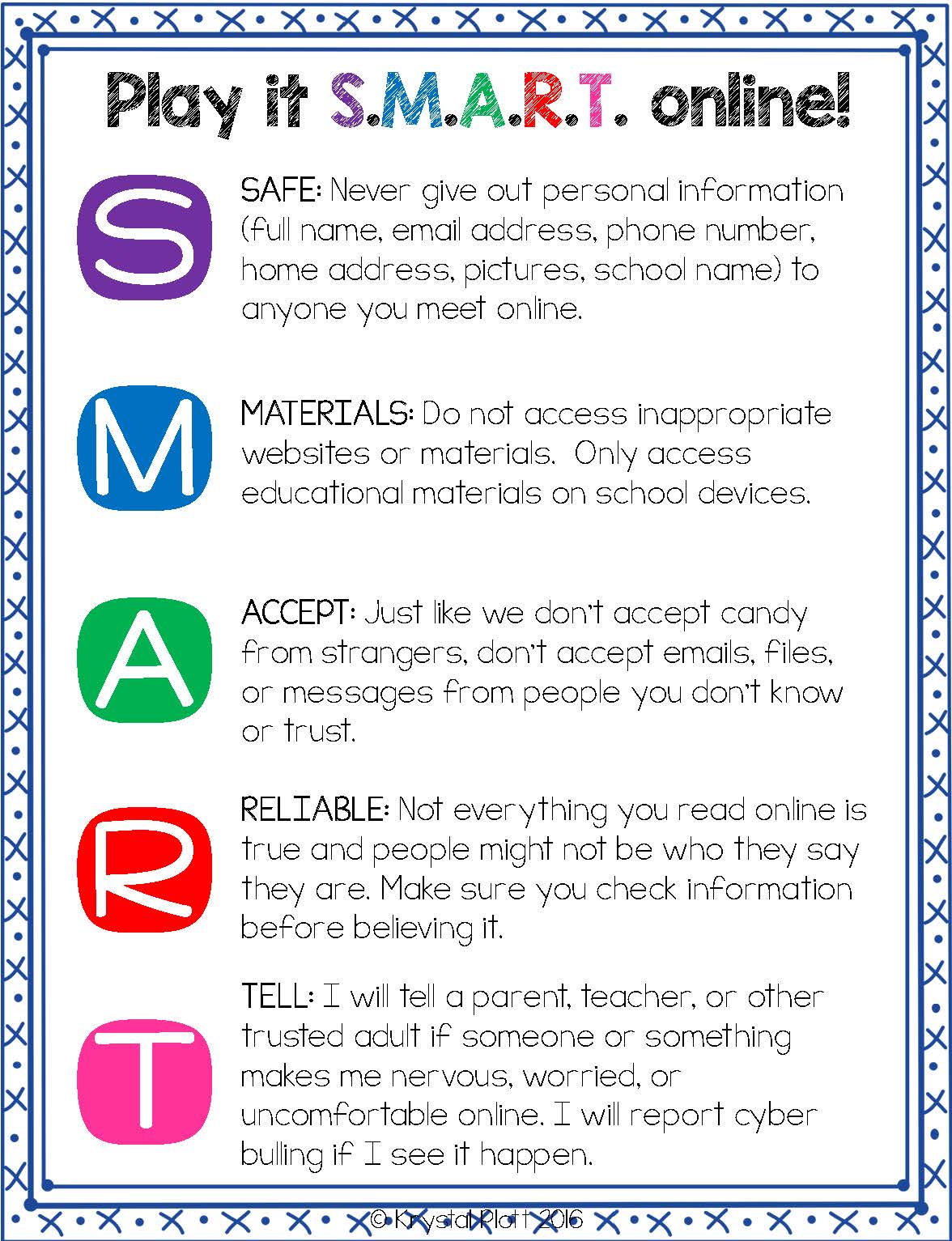
Time and time again, I hear stories of how teens with a lack of social media self-regulation are also affected in their personal, face-to-face relationships and their career path. Yet, on the other hand, there definitely are positive aspects of online engagement in promoting children’s social development, if performed properly. Kids can keep in touch and maintain loving relationships with close friends and relatives who moved away and engage with parents and family members, just one click away.
We also know that teens love connecting socially and because social media is such a prevalent aspect of modern day teen culture, sharing on social media platforms like Facebook, Instagram, or Twitter is something that has become a part of their regular day.
How can we help our children develop healthy social media regulation and safety? While this is essentially an ongoing conversation, here are some tips that we can share with our kids to help them balance their online and personal lives as well as keep them safe:
1. MAXIMIZE your strong relationship with your child. This serves as a protective factor in keeping your little (or older) ones safe online and can encourage openness and honesty with their cyber platforms. Start having open discussions early and have them be on-going, meaning that you regularly check in with each other on social media use, just like we do with other big topics like substance use. Emphasize the importance of real conversations, human connections, and balancing tech-time with other areas of life.
2. GUIDE your child with a social media mentor. Who is someone reliable that can teach them how to behave online? Although it is necessary at this point to try and be as up to date in this constantly changing environment as possible, it can also be helpful to have another perspective; perhaps an older experienced teen can pipe in and offer their support. It is absolutely crucial that kids are taught essential skills in how to keep themselves safe, what to look out for, and further encourage their openness with family when needed. When your kid wants to try out a new app or platform, perhaps this can be a learning experience for both of you: sit down together and learn about it. Is it age-appropriate? Are you reading the terms and conditions? How can you maximize privacy settings, how and who to share posts with, what posts will we be sharing, etc?
3. TEACH and then TRUST them. Parents who act like “Investigators” and are too restrictive, by snooping and stalking instead of supervising and encouraging, usually yield adverse outcomes. Kids will impose their own limits on their social media engagement when given a chance to use this option slowly and over time. Self-regulation can be a useful skill to be taught early on.
4. SET a family meeting for such important topics. How can we manage screen time as a family? How can we make sure we are safe with social media platforms? Are there times of the day designated to social media or perhaps some “family internet/social-media rules” that all members discuss and come up with?
5. INFORM kids HOW to recognize cyberbullying, be safe on platforms by making sure to check the reliability of information and people online, and encourage KINDNESS with online interactions with friends. See image below for reference.
Our hope as parents should be to raise digitally literate citizens who use their technology as a tool rather than being locked to their devices and are therefore negatively affected in their life. We’ll get there together through open dialogue, trust, and patience.



